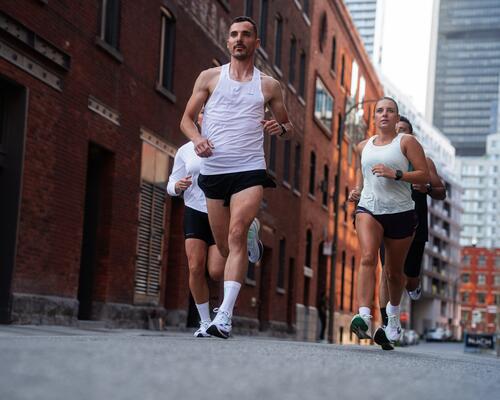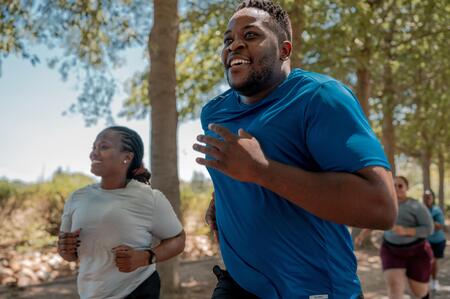Do exercise, it's good for your mood
Sports, a true mood booster, release happiness hormones and strengthen social bonds. By practicing regularly, say goodbye to stress and hello to a positive state of mind. Discover how sports can transform your life in our blog articles!
Gain confidence and self-esteem through sports. Overcome challenges, reach goals, and develop your perseverance. Let yourself be inspired by our articles to feel more fulfilled and in control of your destiny.
Sports, an ally for managing your emotions and maintaining psychological balance. Release tension and frustration while cultivating resilience. Browse our articles to discover how sports can become your best well-being asset!
















